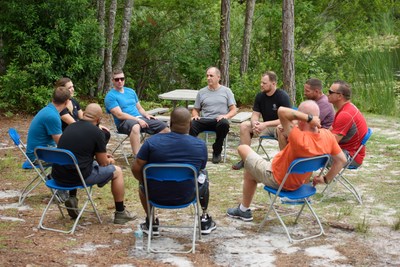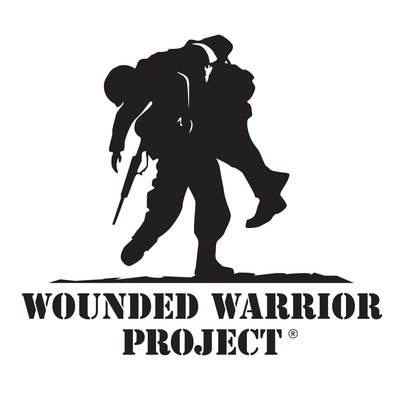Survey Shows Continuing Increase in Post-9/11 Veterans with PTSD
JACKSONVILLE, Fla., June 26, 2020 /PRNewswire/ -- An increasing number of post-9/11 wounded veterans are living with post-traumatic stress disorder (PTSD), according to the annual Wounded Warrior Project® (WWP) survey of the veterans it serves.
The organization's latest survey reveals that 83% report living with PTSD, which is the highest reported percentage in the survey's 10-year history and an increase of 5% from the previous year.
Amid the COVID-19 pandemic, WWP is also seeing a rising need for mental health support. In the first two months since the organization suspended in-person programming and shifted to virtual, there was a 38% increase in referrals to WWP mental health programs and a 38% increase in referrals to mental health providers.
"This has been a challenging time for our country and the warriors we serve," said Lt. Col. (Ret.) Michael Richardson, WWP vice president of independence services and mental health. "Veterans with PTSD who are experiencing additional stress need to know they are not alone, help is available, and treatment works. Contrary to what stigma dictates, it shows immense strength to seek care for the invisible wounds — just as one would for a visible injury.
"We understand the growing need for PTSD treatment programs. For that reason, we have made mental and brain health research and support our largest investment over the past several years," Michael added.
Through programming, partnerships, and research, WWP is focused on the treatment of today and solutions of tomorrow to support warriors with invisible wounds of war. Warrior Care Network®, for example, provides world-class, clinical mental health care to warriors through a partnership between WWP and four academic medical centers. Project Odyssey®, WWP's adventure-based mental health workshop, helps warriors and their significant others build resilience. And WWP Talk offers mental health phone support to warriors and their families.
All three mental health programs helped Air Force veteran Sam Hargrove in different ways to save her life.
"I wouldn't be here right now if it weren't for Wounded Warrior Project," Sam said. "These invisible injuries are not a life sentence. I'm living proof that treatment works."
Learn more about PTSD and treatment options. Also, learn how you can support warriors coping with PTSD.
About Wounded Warrior Project
Since 2003, Wounded Warrior Project® (WWP) has been meeting the growing needs of warriors, their families, and caregivers — helping them achieve their highest ambition. Learn more.
SOURCE Wounded Warrior Project

Air Force veteran Sam Hargrove provides guidance to warriors coping with PTSD, and WWP Mental Health Vice President Michael Richardson discusses the organization’s programs to treat PTSD.


